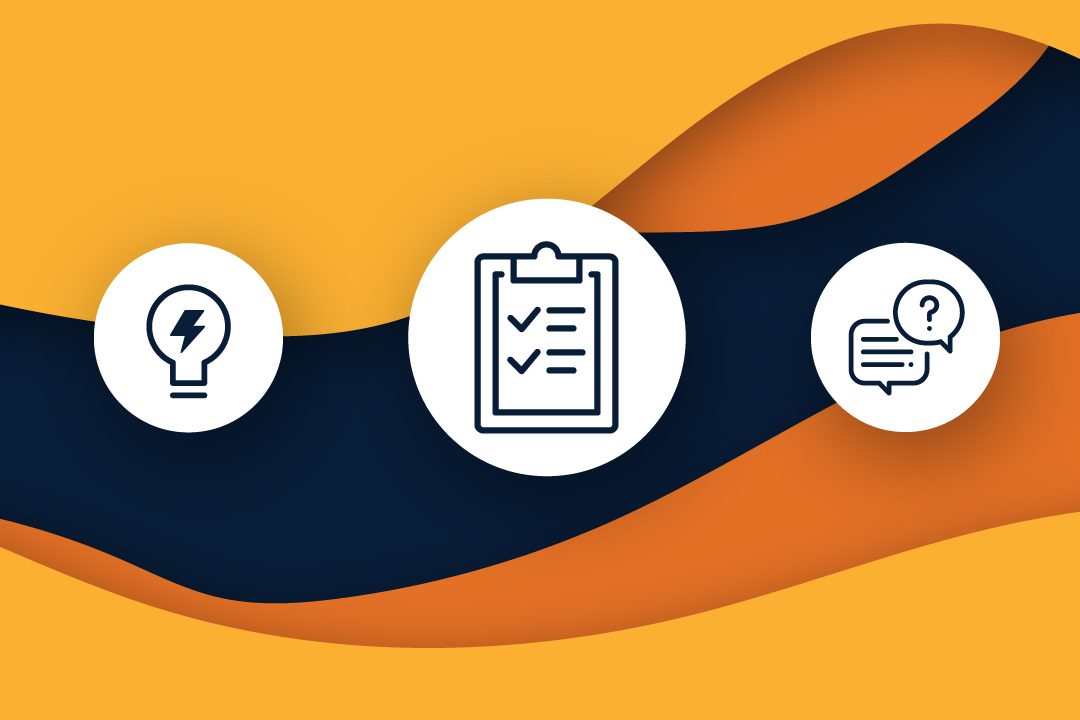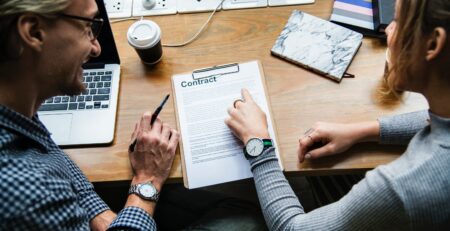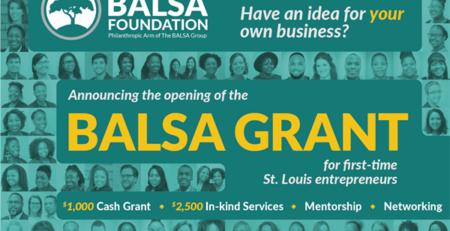U.S. SBA Opens the Door for Small Business Relief amid COVID-19 Spread
Update 3/23/2020: The U.S. Small Business Administration is offering low-interest federal disaster loans for working capital to Missouri small businesses suffering substantial economic injury as a result of the Coronavirus (COVID-19), SBA Administrator Jovita Carranza announced March 21, 2020. Visit disasterloan.sba.gov/ela/ to apply for a loan.
The coronavirus, more specifically the strain referred to as COVID-19, is making its way across America. On the heels of the World Health Organization (WHO) declaring the virus as a pandemic, President Trump addressed the nation with several immediate and proposed steps to take, one of which will greatly benefit small businesses.
“The President took bold, decisive action to make our 30 million small businesses more resilient to coronavirus-related economic disruptions,” says Jovita Carranza, U.S. Small Business Administration (SBA) administrator.
As consumers are no longer able to leave their homes or head into crowded events, freelancers whose businesses rely on human contact, event vending or even importing product materials from areas that are most impacted by the virus, are suffering. With the proposed disaster relief lending, small businesses may be able to stay afloat.
The plan: The SBA will work directly with state governors to provide targeted, low-interest disaster recovery loans to small businesses that have been severely impacted by the pandemic. Additionally, the SBA will continue to assist small businesses with counseling and navigating their own preparedness plans through its network of 68 district offices and numerous resource partners nationwide.
So what’s the process look like to receive funding?
First, you have to know exactly what is happening: the SBA is offering designated states and territories low-interest federal disaster loans for working capital to small businesses suffering substantial economic injury as a result of the Coronavirus (COVID-19).
“Respective state governors must request disaster declaration through the SBA,” says Ram Basnet, branch manager/public information officer for the SBA in Springfield, MO. “Once the request is approved, small businesses can go to disasterloan.sba.gov/ela/ and apply for the loan. As soon as Kansas and Missouri receive Economic Injury Disaster Loan Declarations, we will be putting out additional information as well.”
(As of this writing, Economic Injury Disaster Loans weren’t yet available to Missouri businesses.)
With a request received from a state’s or territory’s governor, SBA will issue, under its own authority, as provided by the Coronavirus Preparedness and Response Supplemental Appropriations Act that was recently signed by the president, an Economic Injury Disaster Loan declaration.
Any Economic Injury Disaster Loan assistance declaration issued by the SBA makes loans available to small businesses and private, nonprofit organizations in designated areas of a state or territory to help alleviate economic injury caused by the Coronavirus (COVID-19).
Once a state or area has been determined as needing assistance, the SBA’s Office of Disaster Assistance will coordinate with the state’s or territory’s governor to submit the request for Economic Injury Disaster Loan assistance.
Next, a declaration is made for designated areas within a state and the information on the application process for Economic Injury Disaster Loan assistance will be made available to all affected communities.
How much money can you receive to help your business?
Economic Injury Disaster Loans offer up to $2 million in assistance and can provide vital economic support to small businesses to help overcome the temporary loss of revenue.
These loans may be used to pay fixed debts, payroll, accounts payable and other bills that can’t be paid because of the disaster’s impact. The interest rate is 3.75% for small businesses without credit available elsewhere; businesses with credit available elsewhere are not eligible. The interest rate for nonprofits is 2.75%.
SBA offers loans with long-term repayments to keep payments affordable, up to a maximum of 30 years. Terms are determined on a case-by-case basis, based upon each borrower’s ability to repay.
Next step? Talk to your local legislator.
As a community, this is where we have to get active. Per the SBA, until the governor applies for and receives a disaster designation from SBA for their state, businesses will not be able to apply for these Disaster Loans.
If you are facing a disruption in your bottom line due to COVID-19, reach out to your local SBA for guidance and the governor’s office to make a formal request.











Leave a Reply